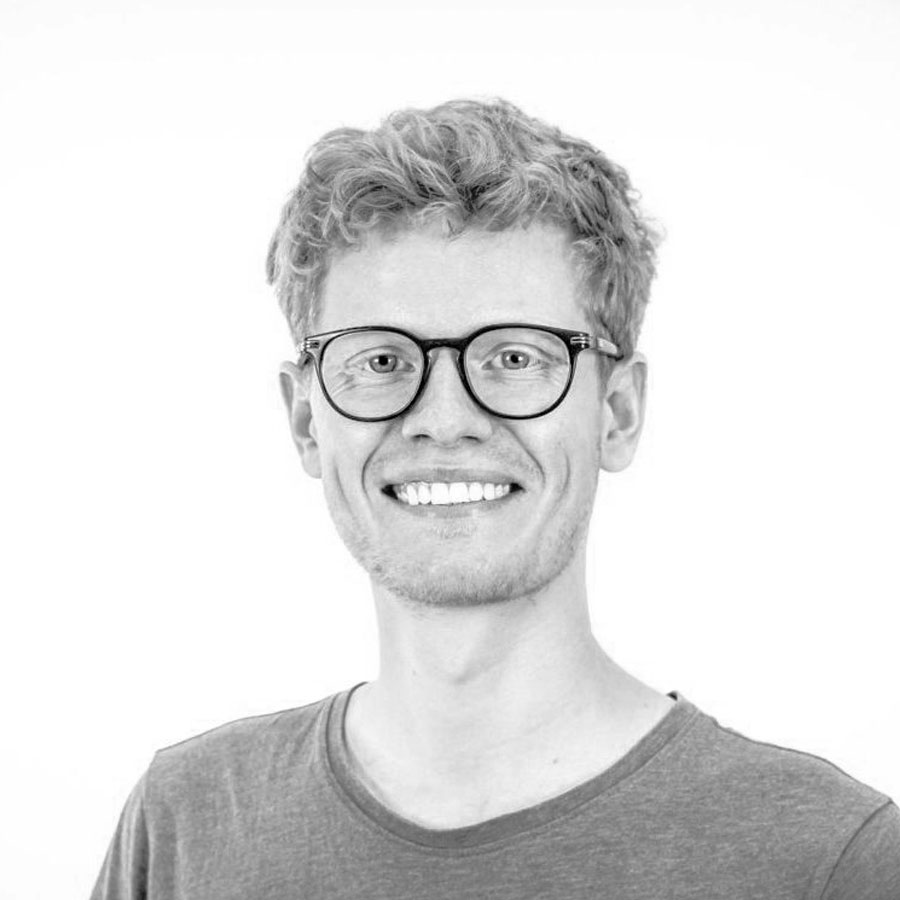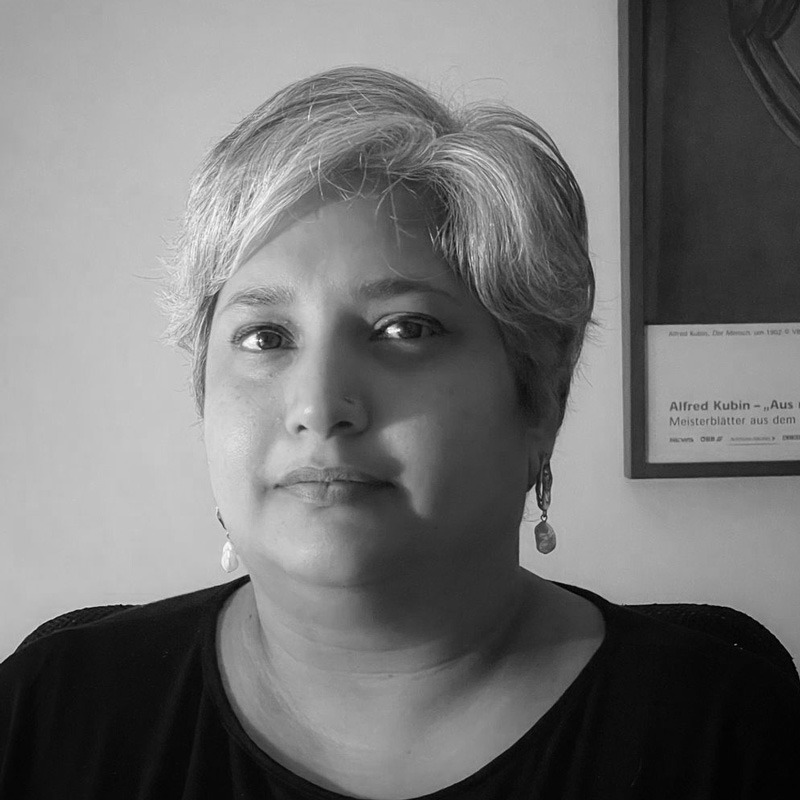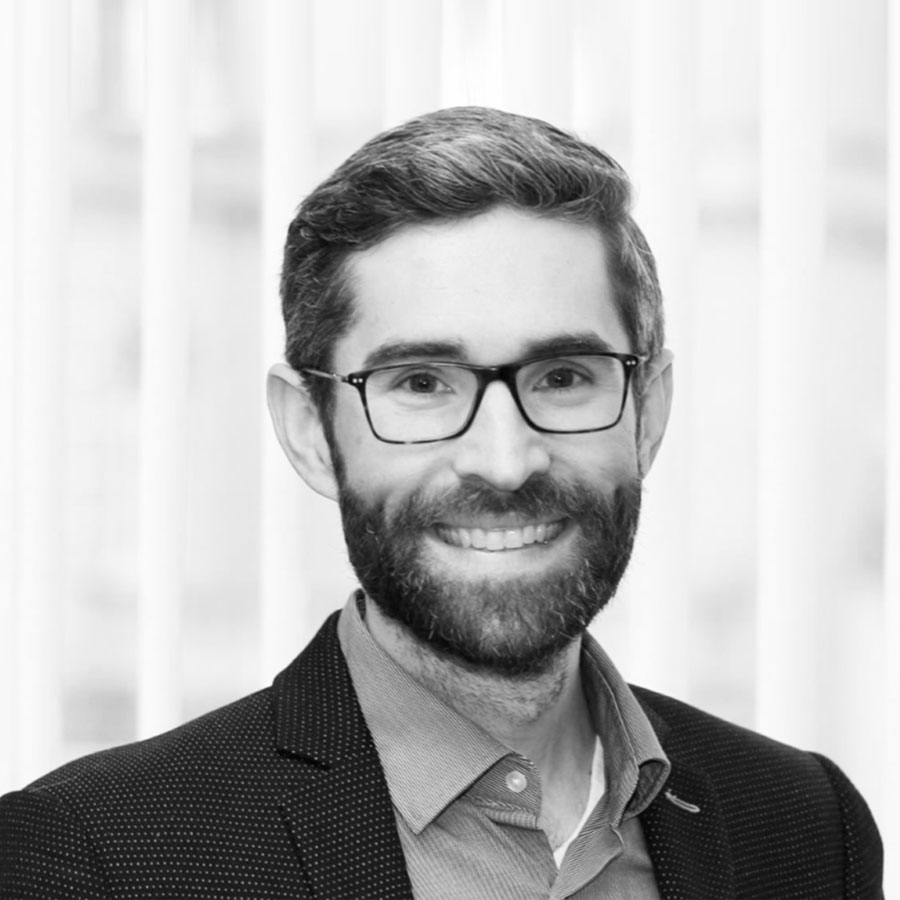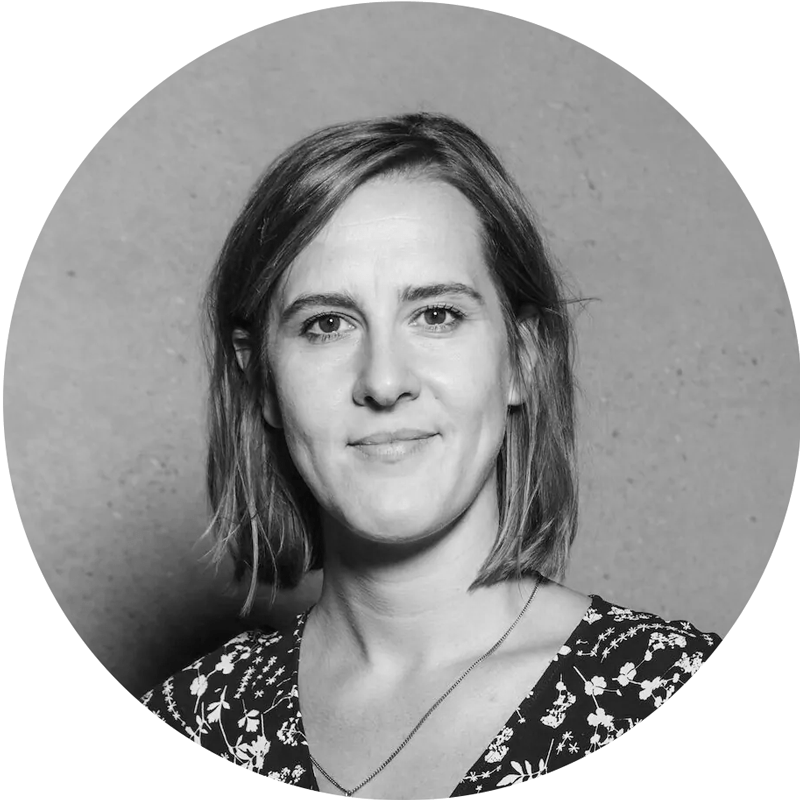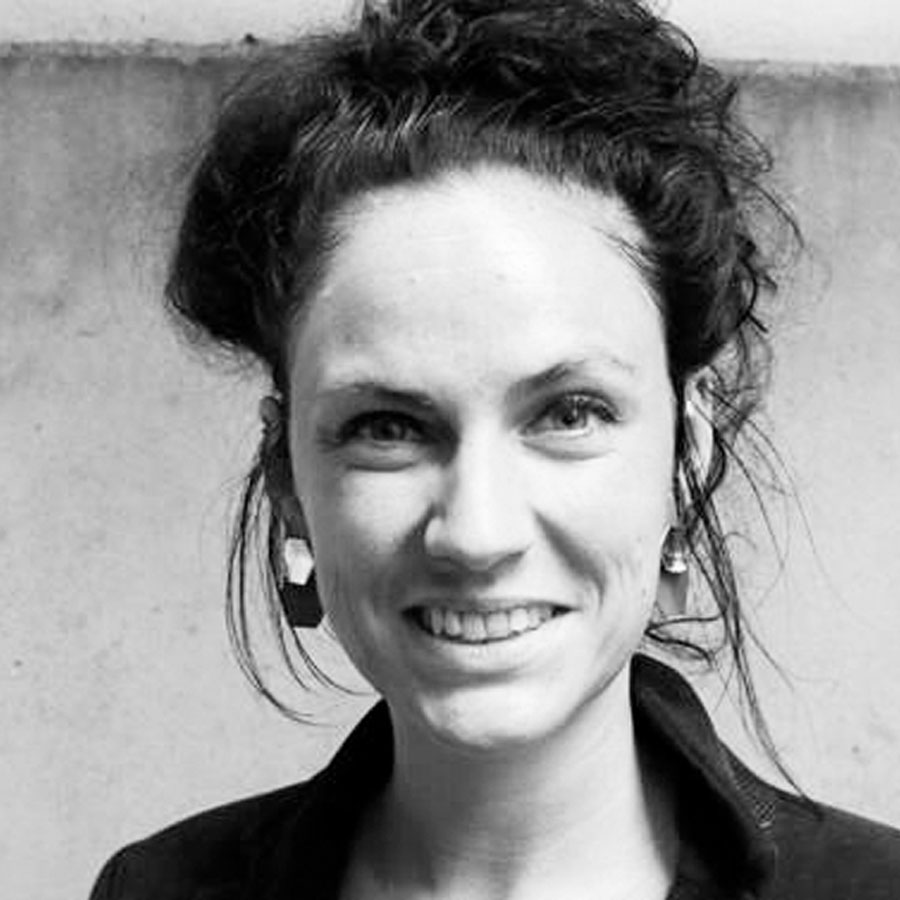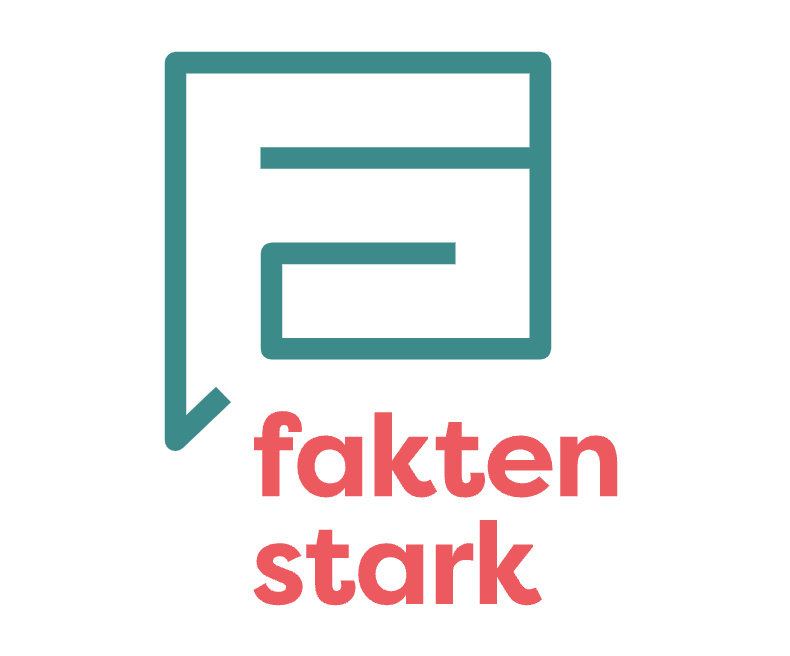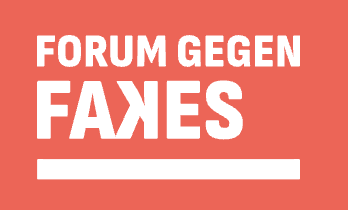Our team. Our guest authors. Our practical projects.
In our project “Upgrade Democracy”, we build bridges between diverse, international actors. We identify solutions that successfully counter disinformation; develop proposals for nuanced regulation of digital spaces; and contextualise technological developments for policymakers. In addition, we support selected, practical projects aimed at strengthening democracy.
This is us
Co-Lead
Project Manager
Senior Advisor
Project Assistant
Project Manager
Reinhard Mohn Preis Office
Project Manager
Co-Lead
Director
Project Manager
Guest authors
Alexander von Humboldt Institut für Internet und Gesellschaft
Digital Narratives Studio, Chinese University of Hong Kong
Alexander von Humboldt Institut für Internet und Gesellschaft
Freie Journalistin
Leibniz-Institut für Medienforschung │ Hans-Bredow-Institut
Project Manager, Bertelsmann Stiftung
Studierender
Around the world, democracies are under pressure. Anti-democratic forces are fueling polarisation, contributing to radicalisation, and sowing discord through targeted disinformation campaigns. The goal: Destabilise liberal democracies and expand their own sphere of power.
Disinformation is not a new phenomenon, but new dimensions and dynamics are unfolding in digital public spheres. Disinformation campaigns cater to the functional logic of social media: The more emotional, controversial, or pointed statements are, the faster posts and comments spread across major social platforms, amplified by their algorithms, which are optimised for clicks and reactions. We observe rising numbers of users and a trend towards more and more people getting their information on social platforms, which further increases the potential damage of digital disinformation campaigns.
It is essential that we are prepared to deal with digital disinformation and that we take measures that protect and strengthen democratic, liberal processes. In a nutshell: Democracy needs an upgrade.
All of us (politics, society, media, academia), must ensure that democracy is equipped to meet the challenges of digital public spaces. At the same time, we must ensure that democratic states and their citizens also reap the opportunities that digitisation presents. Our team assesses these challenges and opportunities. In continuous exchange with experts and partners, our team assesses these challenges and opportunities. Together, we are developing constructive and innovative solutions and proposals for how to regulate platforms, how to design and create alternative, future digital spaces as well as ideas on how to hold pace with technological trends.
Practical projects
On top of our proposals, we are also implementing practical ideas. Currently, we are engaged with three practical projects:
